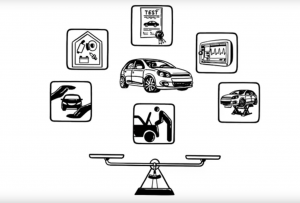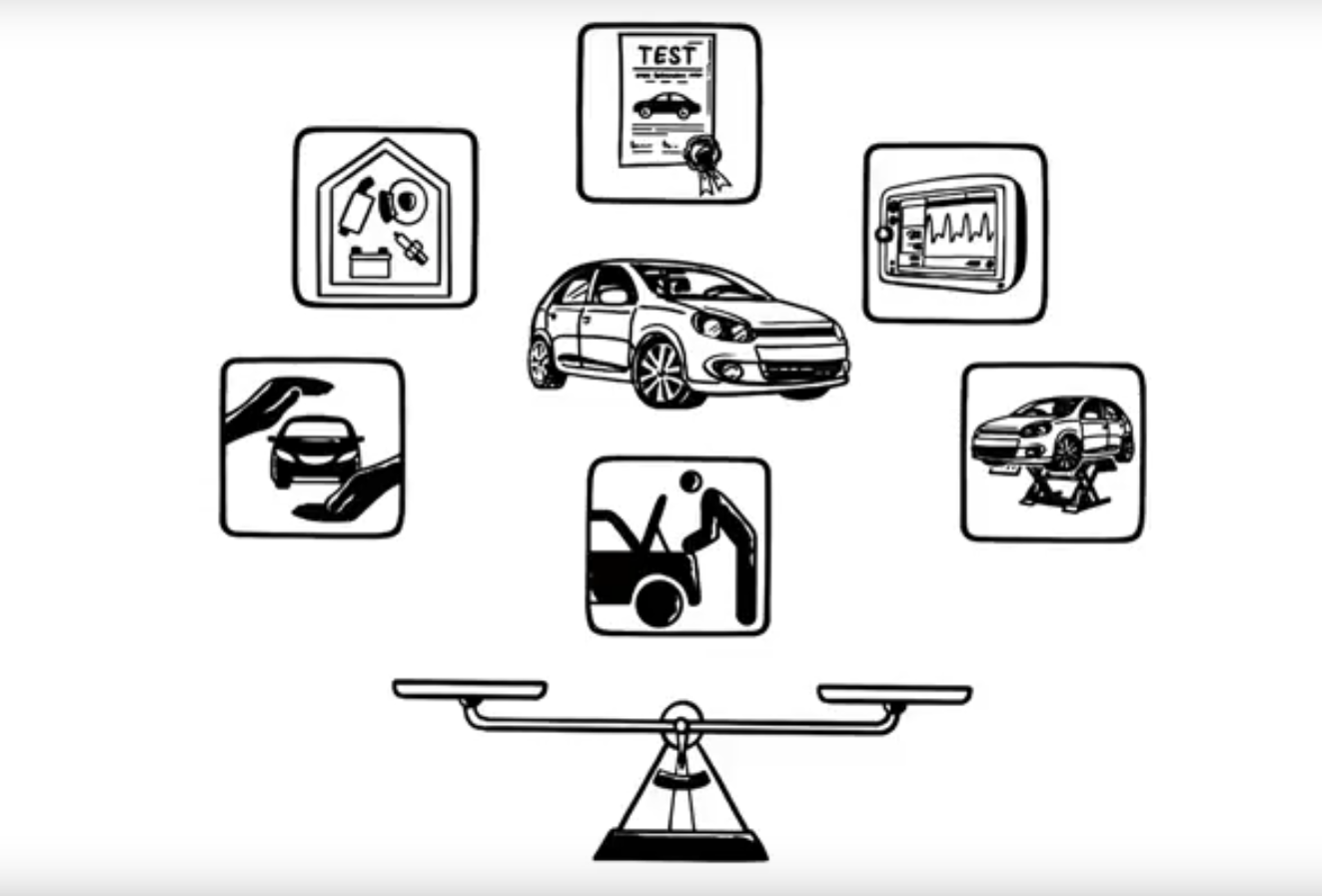Keeping the principles of the Treaty of Rome alive in the automotive digital age
 A broad industry and motorists representative coalition calls upon the EU to create a robust regulatory framework for an interoperable in-vehicle telematics platform based on key principles derived from the Treaty of Rome: fair competition, independent entrepreneurship, innovation and consumer choice.
A broad industry and motorists representative coalition calls upon the EU to create a robust regulatory framework for an interoperable in-vehicle telematics platform based on key principles derived from the Treaty of Rome: fair competition, independent entrepreneurship, innovation and consumer choice.
BRUSSELS, BELGIUM (27th March 2017). The Treaties of Rome that were signed 60 years ago marked the start of what has become the European Union. Since then, we have seen radical paradigm shifts in human, industrial and societal behaviour and increased digitalisation of processes. 60 years ago, the cars that drove Paul-Henri Spaak and the other signatories to the Palazzo dei Conservatori in Rome did not even remotely resemble today’s cars. Now, the ‘connected car’ is becoming part of our daily connected mobility.
Our sectors face groundbreaking changes, which require a robust regulatory framework for ‘fair digitalisation chances’. The digitalisation of the EU industry is imminent, and we hope that the EU decision-makers will make it beneficial to all, especially SMEs. They are the backbone of the EU economy and, mostly rooted locally, can provide tailor made services to consumers.
As a broad industry coalition we stand united in our conviction that competition, innovation, independent entrepreneurship and consumers interests are the fundamental pillars of today’s and tomorrow’s European Union. In the automotive sector, competition in the digital age starts in the vehicle where the quality and accessibility of in-vehicle generated data determines the level of service that can be offered to, and chosen by the consumer. However, the curent design of closed telematics vehicle systems controls the flow of data to and from the vehicle and seriously limits competition and innovation on all services and products “around the car”. This is clearly explained in our video:
In the highly competitive markets for vehicle sales, servicing and repair, insurance, leasing and rentals, mandated periodic inspection, spare parts and diagnostic test tools, ‘free flow of data’ and interoperability are key. Only these enable true freedom of choice in digital services and empower vehicle owners’ right to decide with whom they share their data and for what purposes.
Our coalition calls upon the European Institutions to breathe life into the digital transformation, by creating a robust regulatory framework for an interoperable, standardised, secure and safe digital in-vehicle telematics platform. Building the EU of the 21st century starts by holding on to the fundamental principles of fair competition, innovation and entrepreneurship, and freedom of consumer choice. Although in a different shape, these principles should stand as strong as they have for the last 60 years.
Besides CITA, the undersigned Associations are:
ADPA (European Independent Data Publishers Association), Laurence Eeckhout, EU Affairs Manager, laurence.eeckhout@adpa.eu – tel: +32 2 761 95 16 / CECRA (European Council for Motor Trades and Repairs), Bernard Lycke, Director General, Bernard.lycke@cecra.eu , tel: +32 2 771 96 56 / EGEA (European Garage and Test Equipment Association), Eléonore van Haute, Secretary General, Eleonore.vanhaute@egea-association.eu, tel: +32 2 761 95 15 / FIA (Fédération Internationale de l’Automobile), Laurianne Krid, Policy Director, lkrid@fia.com , tel: +32 2 282 08 18 / FIGIEFA (Automotive Aftermarket Distributors), Sylvia Gotzen, Chief Executive, Sylvia.gotzen@figiefa.eu, tel: +32 2 761 95 10 / Insurance Europe (European insurance and reinsurance federation), Thomas Gelin, Policy Advisor, Tel: +32 2 894 30 48, Gelin@insuranceeurope.eu / Leaseurope (European Federation of Leasing Company Associations), Richard Knubben, Director, r.knubben@leaseurope.com , tel: +32 2 778 05 68.


